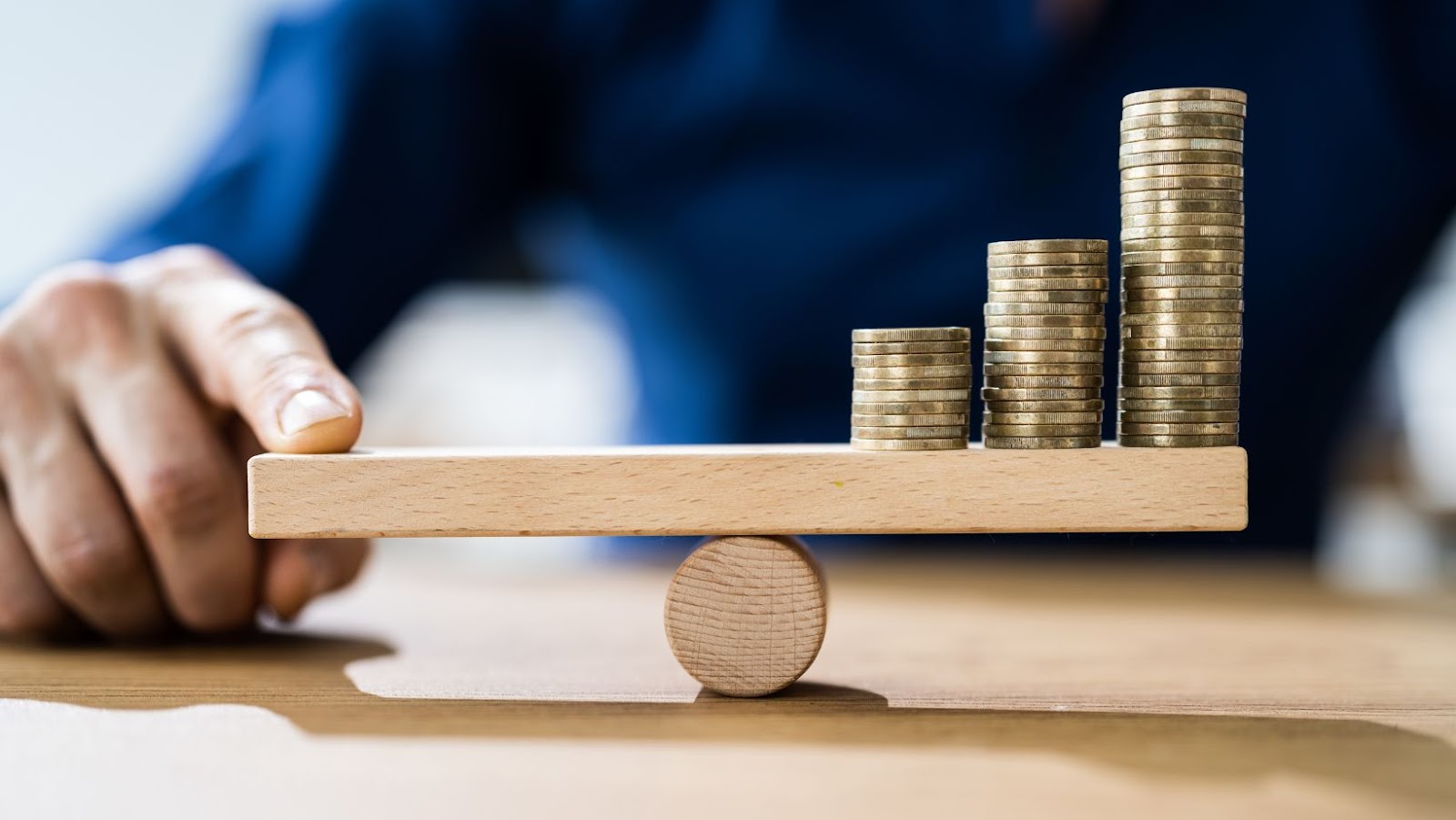
“We hit record inflation rates!” “Inflation has left millions unable to access basic necessities!´
Do you understand inflation, how it increases or decreases, and the effect it has on your salary, insurance, and pension? If you have, good for you! But if you haven’t, let’s talk about the effect of inflation on everything you earn and your pension.
What Is Inflation?
Inflation is technically the rise of prices of goods and services in an economy. It lowers the purchasing power of both businesses and customers. Simply put, when inflation increases, your paystub statements will not buy you as much today as they did last month. Let’s look at an example to understand inflation a bit better. In 1970, a gallon of milk sold for $1.32, but in 2022, it sold for $4.40. So, for $10, you would have been able to buy around seven gallons of milk in 1970 versus two gallons in 2022.
What Causes Inflation?
Inflation is directly linked to money. When the supply of money declines, inflation decreases, but when it climbs up, inflation also increases. But how can a country’s money supply be increased?
Here’s how:
- By printing more money
- By reducing the value of the currency
- By buying government bonds from banks on the secondary market.
How Does Inflation Affect the Economy?
Inflation is usually 2% in a healthy economy; any higher can lead to volatile pricing. And contrary to popular opinion, inflation can actually have positive effects but only when it stays within that two-percentage point.
Some of these positive effects include the following:
- It can increase demand and productivity
- It can enhance spending
- It can boost a slowing down economy.
But when inflation climbs higher than salary growth, it indicates a struggling economy. When that happens, households lose purchasing power because the prices of everyday items like gasoline, utilities, and food increase.

Similarly, companies lose purchasing power when prices for production inputs like crude oil and intermediate products like steel increase. As a result, they increase their prices to keep their profit margins, begin smart outstaffing to lower spending, and see losses when people stop buying their products.
Pros and Cons of Inflation
Inflation, as mentioned above, can be taken as both a bad and a good thing. Let’s look at why it’s considered both.
1. Pro: It Increases the Resale Value of Assets
During inflation, the value of tangible assets like stocks or property goes up, allowing owners to sell their assets at a higher rate. In other words, you can get better returns on tangible assets during inflation.
2. Con: Consumers Have to Pay More for Products and Services
Inflation forces buyers to shell out more money to buy products and services. For example, people had to spend more to buy gasoline in 2022 than in 2010.
3. Pro: It Can Encourage Spending
When inflation is neither too high nor too low, the purchasing power of customers is high, which increases spending, creates demand, and boosts economic activity.
4. Con: It Doesn’t Increase Costs Equally
Inflation can increase the prices of certain goods like crude oil before it drives up other prices. This way, it increases the general price level and distorts salaries and rates of return over time.

How Does Inflation Affect Your Pension?
As you’ve noted above, inflation erodes purchasing power, which means it decreases the value of your money over a period of time. And your pension, even though it’s paid by your employer and the government, isn’t immune from its effects.
How does it do that? Let’s look at how it can affect your pension fund before and after retirement:
1. Before Retirement
The money paid into your pension fund is usually invested in the stock market so that it grows over a long period. As a result, they’re affected by the constantly rising inflation. Let’s look at an example.
When you invested your money into the pension fund, inflation was 2%. A year later, it was 2.1%, but your pension had grown in value by 4% over the year. This means your pension actually grew by just 2%, which is not that much.
And if inflation rises over the years, your pension may not even increase in value anymore.
2. After Retirement
Once you retire, you may want to use your pension to support yourself for as long as possible. But how long you can support yourself depends on what you do with your pension. Let’s look at two ways you could use your pension:
- You Could Make Regular Drawdowns – If you leave your pension invested, the value of your money will keep eroding. However, you could end up with a money pot if the growth of your pension outpaces inflation.
- You Could Buy an Annuity Using Your Pension – If you buy an escalating annuity, it’ll increase as inflation increases, effectively keeping up with it over time. That means your money won’t lose value over time.
The Bottom Line
Inflation has the power to erode the value of your pension. So, instead of letting your money sit in your pension fund after retirement, think about investing it in different places. Otherwise, you could purchase an annuity, which grows at a faster rate than inflation over time.























